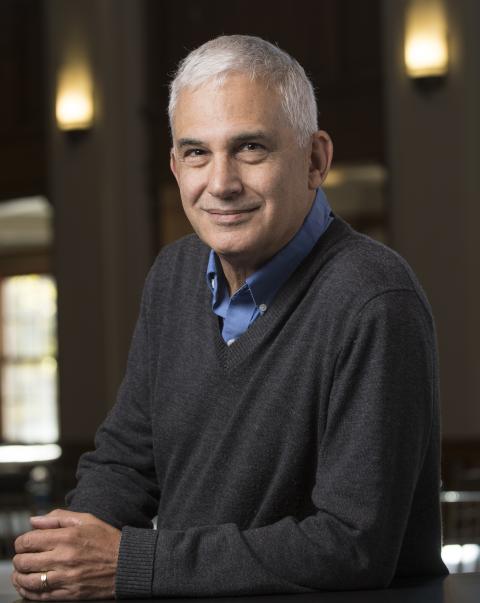
This graduate-level, 3-credit online course examines various sources, types and uses of financing used in the field of community development. Topics covered include an introduction to capital markets, primary and secondary markets, banking, project financing and underwriting – including housing, small business and non-profit organizations, and government financing tools and policies including the use of incentives, regulations and direct financing.
We are also offering courses in Fundamentals of Opportunity Finance! Visit the page to learn more
Course: Community Development Finance, DPP 961 (1ON) (you will earn 3 graduate-level course credits which can be applied to any Carsey graduate degree program). At this time, the course is not open for audit and everyone enrolling will earn academic credits. The course will be graded on a pass/fail basis.
Dates: July 13 – August 14, 2020
Delivery: This course is offered as an online, self-paced asynchronous program with the additional opportunity of 3—4 synchronous Zoom sessions held over the course’s five-week period. The synchronous sessions will be recorded and made available within the course for those unable to attend the session.
Syllabus: Community Development Finance Draft Syllabus
Pre-Requisites: Bachelor's Degree – Note: while a transcript submission is not required, you will need to have earned a bachelor’s degree to enroll in graduate level course to earn academic credit. If you do not have a bachelor’s degree, contact Sanjeev.Sharma@unh.edu and attach your resume. People working in the field can request a waiver of the bachelor’s degree requirement.
A basic understanding of project finance and organizational accounting is helpful but not necessary. If you are not familiar with financial statements (e.g. balance sheet, income statement, cash flows) you should take a short tutorial before the class or before Week 2. One option is the Khan Academy’s Accounting and Financial Statements mini-course.
Cost: NH residents $1696; Non-residents $1861 (for both costs, includes tuition + $20 registration fee + $26 technology fee)
Registration: To register, call (603-862-1500) or email (registrars.office@unh.edu) the UNH Registrar's Office. They will assist you with registering for the course. Please make sure to mention the course number and name: DPP 961 Community Development Finance and CRN 70947 when calling or emailing the registrar’s office. They will also need credit card information and your address, phone number, and identification information. If you have previously taken a course as a continuing education student, you can register directly through WEBCAT. See detailed instructions on the Continuing Education webpage under Registration.
The registration deadline is July 6, 2020 (note that UNH is closed on Friday, July 3rd in observance of the 4th of July holiday).

Michael Swack is a professor at the Carsey School of Public Policy at the University of New Hampshire where he directs the Center for Impact Finance and the Master’s Program in Community Development, a program designed for adult practitioners. He has been involved in the design, implementation and management of a number community development lending and investment institutions both inside and outside the United States.
Michael was the first Chairman of the New Hampshire Community Development Finance Authority (CDFA), a state-chartered equity fund for community economic development ventures and projects. He is the founding president and a current board member of the New Hampshire Community Loan Fund. He was a founding board member of the Opportunity Finance Network. In 2000 he founded, and continues to direct, the Financial Innovations Roundtable, a program that promotes new approaches and policies designed to build the field of community development finance and increase access to capital for community development intermediaries.

Eric Hangen is a Senior Research Fellow at the Center for Impact Finance at the Carsey School of Public Policy, where he teaches and researches trends in impact investing and opportunity finance in the United States. Eric is also the Principal of I Squared Community Development Consulting, LLC, which provides strategic planning, market research, program evaluation, and financial modeling consulting to nonprofit clients nationwide.
Eric has worked in the community development field for over 20 years. As a Management Consultant with NeighborWorks America, Eric helped nonprofit corporations across the country develop neighborhood revitalization, strategic, and business plans. Before coming to NeighborWorks, Eric worked as the senior planning advisor for the city of Caguas, Puerto Rico. He has also worked as a planner for the Puerto Rico Public Housing Administration and as a project manager in neighborhood economic development for the New York City Department of Business Services.
Registration Deadline: Monday, July 6, 2020
Space for this course is limited and enrollments will be accepted until the course fills.
Questions? Please email Michael Swack, michael.swack@unh.edu
Course Instructors

Michael Swack
Director, Center for Impact Finance & Master in Community Development program

Eric Hangen
Carsey School Senior Research Fellow,
Center for Impact Finance Faculty Member